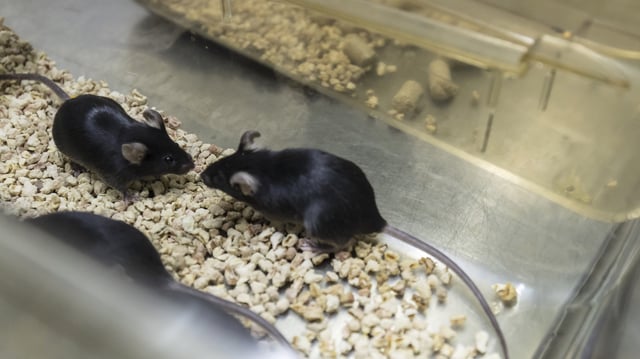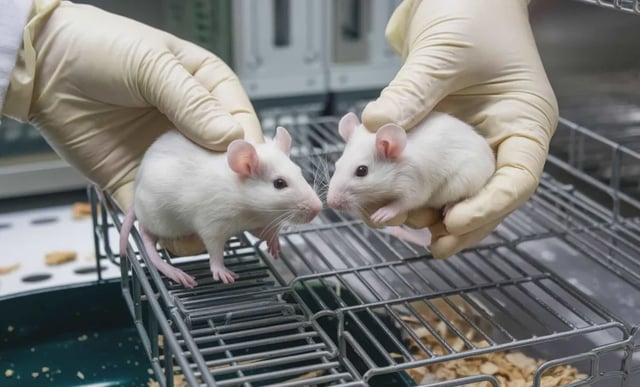Overview
- Shanghai Jiao Tong University researchers removed egg nuclei then edited DNA in two male sperm before using androgenesis to create 259 embryos.
- Two embryos survived to birth, matured into healthy males, then sired litters with female partners.
- The study published in PNAS on June 25 identifies genomic imprinting as the principal barrier to full-term development in uniparental mammals.
- Experts warn that the process’s low yield coupled with large egg and surrogate requirements make its translation to human fertility clinics impractical.
- The technique offers potential for same-sex parenting and infertility treatments despite its complexity and ethical implications.



